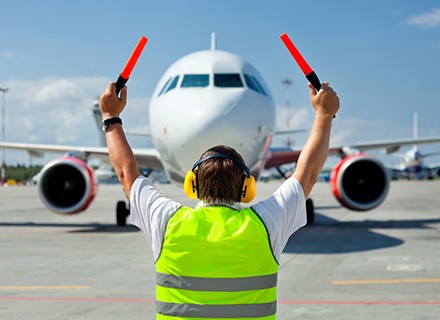As COVID limitations continue to be lifted and China reopens, airlines should anticipate a significant rise in the number of flyers, thus boosting their chances of achieving pre-pandemic profitability. However, the rising energy cost and the global economic slowdown could threaten these revival goals.
Since the start of the Ukraine war in 2022, energy prices have increased amid the sanction game between Russia and the Western Bloc, thus causing a cost-of-living crisis in markets (especially Europe) that depend on oil imports from Russia. The aviation sector has felt the pinch as well.
Flight tickets have increased due to rising jet fuel costs. According to a CNBC analysis, airfares increased by up to 25% in the United States in 2022, amid soaring inflation. Another 2022 report from Bank of America stated a 60% price increase by airlines and travel companies, thus forcing consumers to pay more for their travel expenses.
Together with the global economic downturn, this increase in ticket prices could offset the aviation sector’s recovery hopes, according to new research from Airports Council International (ACI World).
According to the trade group, approximately 8.4 billion people will fly in 2023, accounting for 92% of all passenger traffic worldwide. This looks to be an improvement over 2022, when 6.5 billion passengers travelled (72% of 2019 levels).
Luis Felipe de Oliveira, director general of ACI World, said, “The increase in aviation travel that followed the removal of restrictions in 2022 is still present in 2023… But, we are aware that the recovery speed depends on several variables. The potential slowing of GDP growth in major economies, coupled with the increase in airfare due to higher jet fuel prices, weigh negatively on demand.”
In February, the International Monetary Fund (IMF) predicted that the global economy would grow by 2.9% in 2023 before increasing to 3.1% in 2024 from a projected 3.4% in 2022.
According to ACI, removing travel restrictions and quarantine requirements for immunised travellers in 2022 has already resulted in an “upsurge in demand” for air travel.
The percentage of respondents who want to travel by air in 2023 in ACI’s Global Traveller Survey, which included 4,125 respondents from 30 countries, was 86%, the highest figure since the start of COVID.
ACI also stated that a “strong labour market and the reopening of China” could help raise global passenger traffic. However, slower GDP growth across nations and rising prices could impact travel demand.
According to the report, domestic travel will be the primary driver of the sector’s recovery to 2019 levels by 2024.
Global passenger traffic is anticipated to reach 19.3 billion by 2041. In the same year, airports will see 153.8 million aircraft movements.

